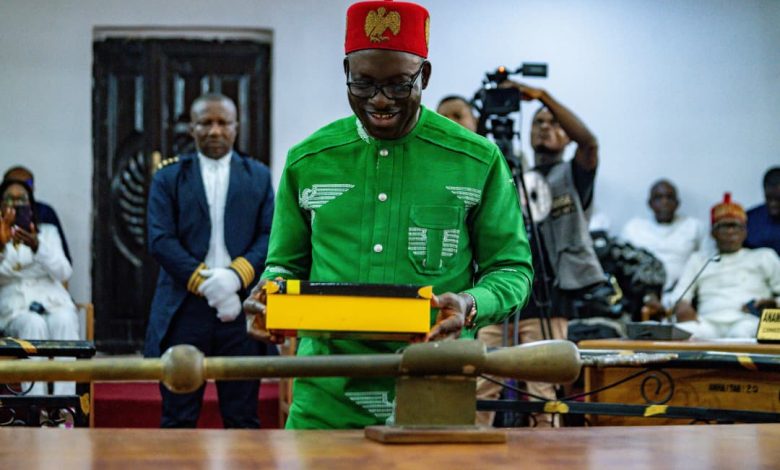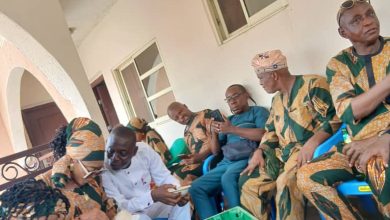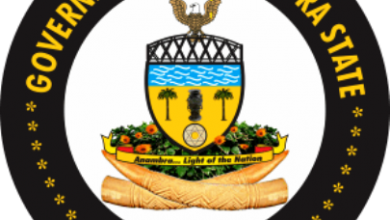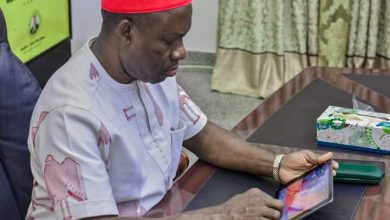FRONTPAGE EDITORIAL: Soludo’s 2026 Budget: A Bold Blueprint, But Delivery Must Match Ambition
EDITORIAL

BY TONY OKAFOR
Governor Chukwuma Charles Soludo’s presentation of the ₦757.88 billion 2026 Appropriation Bill to the Anambra State House of Assembly is more than a routine constitutional exercise—it is a clear declaration of intent.
Titled “Changing Gears 3.0: Solution Continues,” the budget reflects an administration determined to deepen and accelerate its development strides as it approaches the close of its first term.
The 24.1% increase over last year’s budget signals both ambition and urgency.
With a remarkable 79% of the budget dedicated to capital projects, Soludo continues to push infrastructure, education, health, and human capital to the forefront of Anambra’s development priorities—an approach that contrasts sharply with the recurrent-heavy budgeting common across Nigerian states.
The achievements of the past three years—roads, security improvements, revived public schools, digital training, new hospitals, water schemes, and innovative youth programmes—are loudly referenced and, in many cases, visible.
Yet, beyond the glow of these accomplishments lies the ultimate test: implementation.
A bold budget is only as good as its delivery. Ndi Anambra expect that every project announced will translate into real improvements in their daily lives, not simply into annual reports and political speeches.
It is encouraging that the governor maintains a cautious posture on borrowing, insisting that loans—if eventually acquired—must be concessionary and strictly tied to revenue-generating assets.
This fiscal discipline is admirable. However, the State’s weak Internally Generated Revenue (IGR) remains a persistent challenge and threatens the full realization of these ambitious plans.
In addressing this, the government must act decisively but fairly. The people of Anambra must not be subjected to the yoke of over-taxation or multiple taxation in the name of funding the budget—especially at a time when Nigerians are already battling severe economic hardship.
Revenue reforms must focus on plugging leakages, eliminating corrupt collection practices, widening the tax net responsibly, and ensuring transparency—not squeezing struggling households and businesses dry.
As the Soludo administration promises new cities, expanded transport networks, improved schools, upgraded hospitals, digital innovation centres, and rural development initiatives, the responsibility now shifts to the MDAs to match the governor’s pace. Budgets do not build societies—execution does.
Anambra is indeed on the rise, but progress is not affirmed by declarations; it is validated by outcomes.
With this 2026 budget, the governor has presented a roadmap. What Ndi Anambra expect in the coming year is straightforward: fewer speeches, more results; fewer ceremonies, more completed projects.
If “Changing Gears 3.0” is to truly resonate, then the machinery of governance must run with discipline, transparency, and a deep sense of responsibility to the people.



